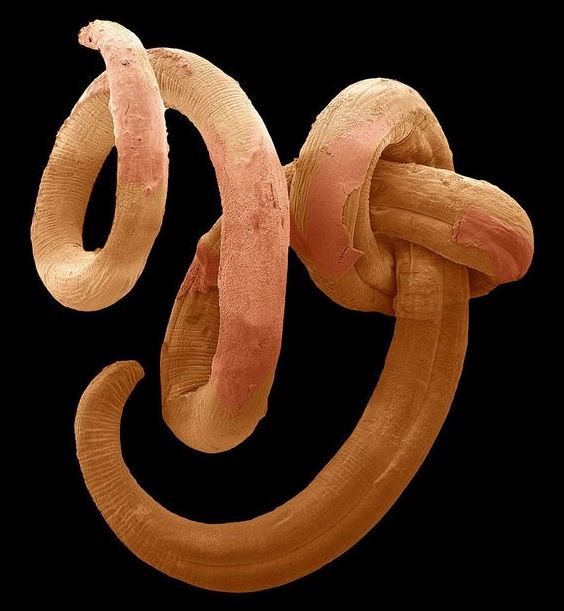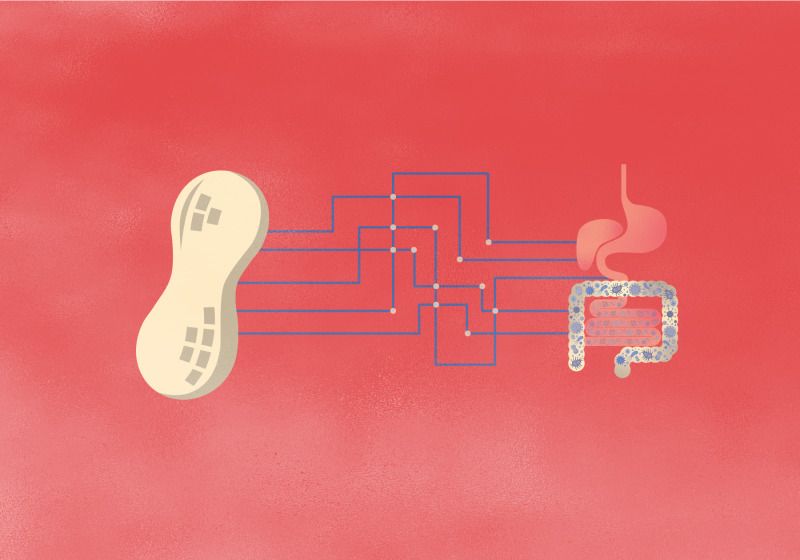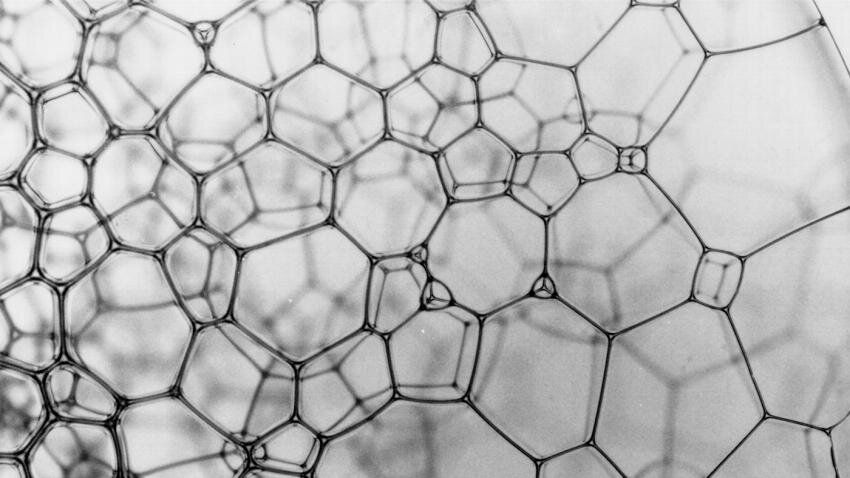Category: health – Page 395
A Chinese professor explains what air pollution does to your health
Air pollution is a severe public health risk in many places around the world. At the forefront of the issue is China, which has made remarkable progress against poor air quality in recent years.


Taking the Climate for Granted
It’s shocking that climate affects our health.
Health Department warns about toxic blue-green algae
BURLINGTON, Vt. (AP) The Vermont Department of Health is reminding residents to avoid contact with toxic blue-green algae in Vermont waters.
It says warm weather creates ideal conditions for cyanobacteria to grow. Blooms can form on the surface and wash up on shorelines.
They’ve already been spotted in Mallets and Missisquoi bays in Lake Champlain. Officials say swimming or wading in water with cyanobacteria may cause skin rashes, diarrhea, a sore throat, stomach problems, or more serious health concerns. It says dogs are especially vulnerable to the toxic effects.

Can mathematics help us understand the complexity of our microbiome?
How do the communities of microbes living in our gastrointestinal systems affect our health? Carnegie’s Will Ludington was part of a team that helped answer this question.
For nearly a century, evolutionary biologists have probed how genes encode an individual’s chances for success—or fitness—in a specific environment.
In order to reveal a potential evolutionary trajectory biologists measure the interactions between genes to see which combinations are most fit. An organism that is evolving should take the most fit path. This concept is called a fitness landscape, and various mathematical techniques have been developed to describe it.

How a healthy microbiome could supercharge the body’s natural cancer-fighting cells
The ways in which the communities of bacteria living within our bodies influence our overall well-being are becoming better understood all the time, and with that better understanding comes potential new ways to intervene for better health outcomes. Adding to this is a new discovery by researchers in Melbourne, who have described how a healthy microbiome can boost the activity of killer immune cells that are vital to fighting off infections and cancer.
Vital-Radio: Smart Homes that Monitor Breathing and Heart Rate
Vital-Radio can use vital sign information to enhance our health-awareness, answering questions like “Do my breathing and heart rates reflect a healthy lifestyle?”, “Does my child breathe normally during sleep?” or “Does my elderly parent experience irregular heartbeats?”